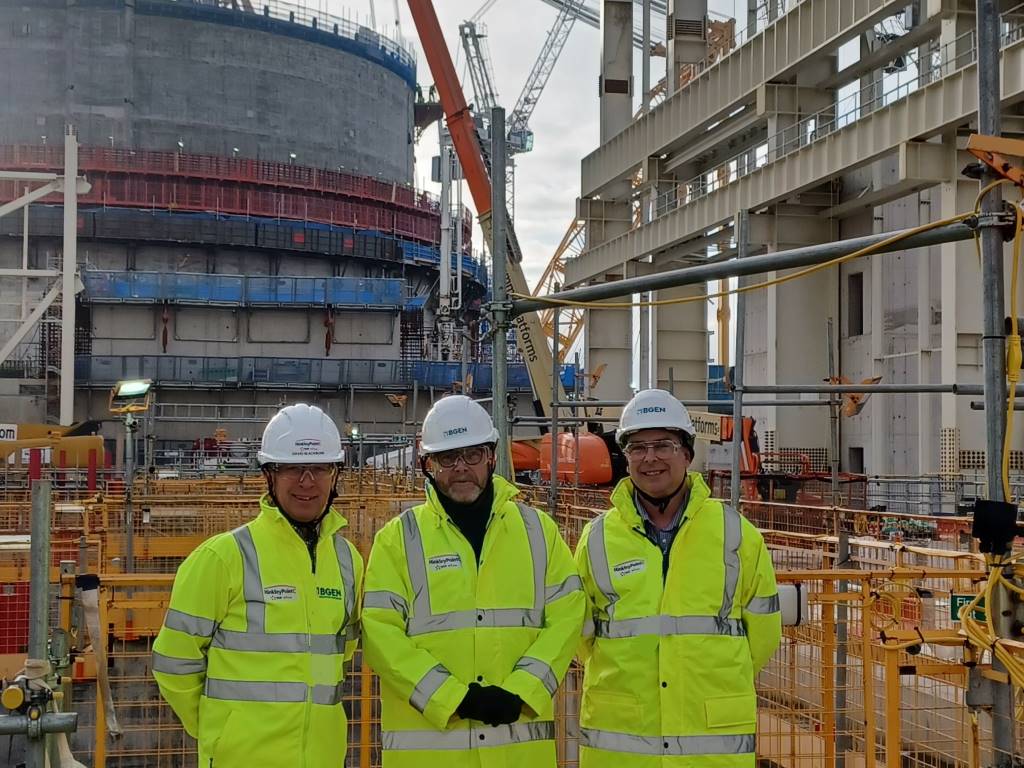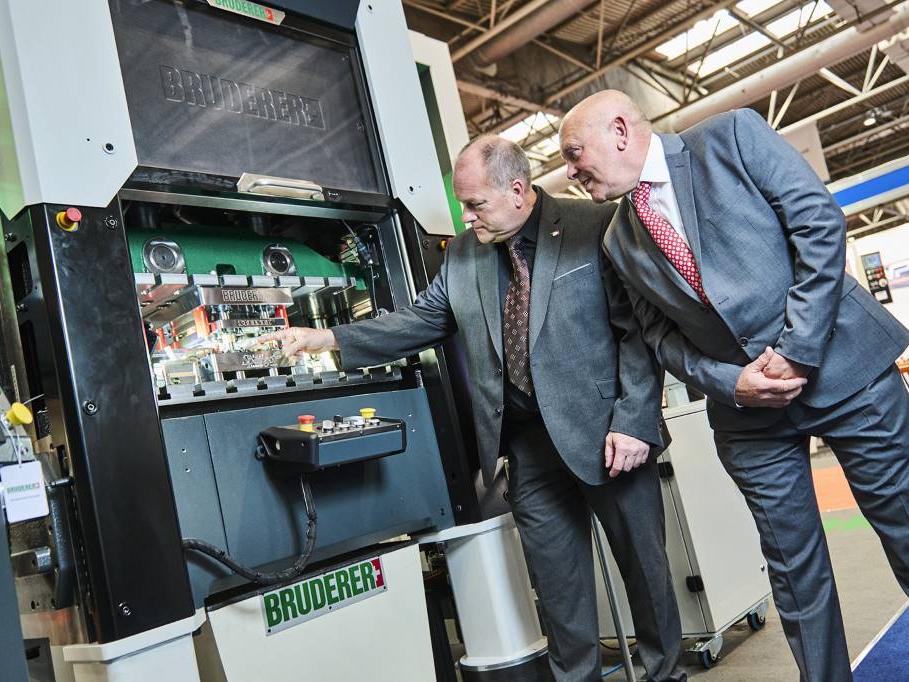The role of precision engineering in aerospace
Precision engineering is a vital part of the aerospace industry. With stringent quality controls for safety, high standards of production are necessary at all stages.
Aerospace businesses have to work hard to meet these requirements, whilst ensuring aircraft are produced quickly and to specification to meet the needs of their own customers. Simon Dawson, managing director of Dawson Precision Components (DPC), explains how production engineers can help meet these rigorous demands.
Engineering companies wanting cheap components, where quality is not too important, can find them for next to nothing abroad, and it is very difficult for UK companies to compete with this. Within industries like aerospace, where components must be produced reliably, on time and to very accurate specifications, many companies are finding that these cheaper components do not deliver the quality they need for safety critical applications and are increasingly turning to UK-based subcontractors.
Most components in aerospace need to be of high quality material for durability, and made to precise specifications to fit into the complex workings of an aircraft. Our own company, DPC, has been called on to make the optical and cathode ray tube display components for the F16 jet fighter and replacement cockpit screws and fastenings for the Eurofighter Typhoon. We make specialist fasteners for satellites, electronic housings, and aircraft seat fixings, amongst many other parts which form the nuts and bolts of the aerospace economy. Ensuring this level of quality requires state-of-the-art machines, run by trained engineers who really understand what they're doing.
Making the parts
Precision is vital to an industry which relies on hundreds of tiny parts to make sure advanced technology functions correctly and safely, and sub-standard machines won't make the grade. Manufacturers requiring batches to come back on time and to specification need subcontractors who are prepared to invest in the latest machinery for production and inspection.
DPC, for example, uses the Goodway CNC GS280MSY lathe for many aerospace applications. This is a high spec machine for demanding turning applications offering 77mm diameter bar capacity. Live tooling, C-axis, Y-axis, and sub-spindle capabilities mean it can complete milling, drilling, and front/back-end turning applications in one run.
We have used these capabilities for parts such as oil seal housings for different engines, in particular those used on unmanned aerial vehicles, where parts need to be turned and milled in one run. This allows us to create high precision with fast turnaround times.
Such machines have also been used for parts such as bearing cases for satellites where high quality carbon fibre needs to be milled into precise parts that will hold satellites together in space, where maintenance is impractical.
Production machines aren't foolproof, so must be backed up by the latest high quality inspection equipment such as video measuring systems and coordinate measurement machines. Manufacturers expecting high levels of quality control need to know their supplier has machines which measure quickly and to high accuracy, and ideally that the company can demonstrate the necessary quality systems approvals. If components don't receive first-off, intermediate and final inspection from trusted machines and expert metrologists, the whole run can be useless.
The people behind the technology
Such advanced machinery requires considerable expertise to set-up, program and operate. A company's engineers need to have the right skills or investment in the best machines on the market will be wasted. Customer confidence comes not just from having the technology to do the job, but from seeing that the engineers know what they're doing, and where possible have independent certifications to prove it.
Industry standards back up a company's claims and assure the customer they can do what they promise, and do it well, which is important when you need a batch of bespoke fixings delivered within a few days in order to meet your own customers deadlines.
DPC noticed a significant improvement in efficiency after we put eight of our staff through the 5S course earlier this year, followed by another eight in October, which provides a standard approach to housekeeping within Lean manufacturing. A better managed workplace improves speed of turnaround, and we find customers now recognise that this accreditation guarantees them a more efficient service.
Another course which offers important benefits to customers is the dimensional measurement training framework from the National Physical Laboratory, now nationally accredited by EAL. This teaches a real understanding of geometric symbols and tolerances, how to interpret drawings and an appreciation of the conditions or inaccuracies that can affect measurement – rather than just trusting a machine to do the job.
This results in increased confidence in inspecting components, improving reliability and efficiency in the production process, and providing added confidence to customers in the product they are receiving.
Not everything is certifiable, nor should be, and much of the programming and using of machines is inevitably learned on the job. Manufacturers about to make a big order for important parts benefit from talking to the engineers, and they feel a lot more confident about undertaking work if they can see that engineers understand the machines, and can check their drawings and advise on the best approach.
Sharing skills is also an important part of being able to meet customer requirements. By training to across the board competence, production engineering companies cover themselves if one member of staff is tied up with another job or out of the factory. Because everyone can pick up any job, customers can always rely on contracts to be delivered, even where there are very tight deadlines.
Ensuring quality throughout
This is all underpinned by traceability. Manufacturers ordering parts which may be holding planes together as they fly through the air, or satellites as they orbit the earth, need to be assured of traceability throughout the production process, from material to finishing. This needs to be guaranteed through certificates of conformity, material test certification, and, where absolute precision and consistency is critical, bespoke inspection reports.
Unfortunately, material from outside Europe or the US has often proved to be of insufficient quality for industries like aerospace, so increasingly manufacturers are requiring all materials to be produced and certified in Europe. Manufacturers often have a network of approved materials suppliers and they should be confident their subcontractors do too.
Traceability requires all runs to be recorded, and records properly maintained. This makes repeat batches easy to produce, easing future business. Even more importantly, if there are any problems with the finished product, traceable records can be easily accessed and problems up the chain identified – though if the components have been properly manufactured by experts using traceable techniques, this shouldn't ever be an issue.
By ensuring a combination of the right expertise, equipment and materials, aerospace manufacturers can be confident the parts they need are delivered quickly and to specification. This allows their jobs to be completed quicker without compromising standards. All of which provides confidence to their own customers, delivering value further down the chain in terms of increased sales, and ultimately safer, more efficient aircrafts for everyone.
Dawson Precision Components
www.dpc.co.uk












